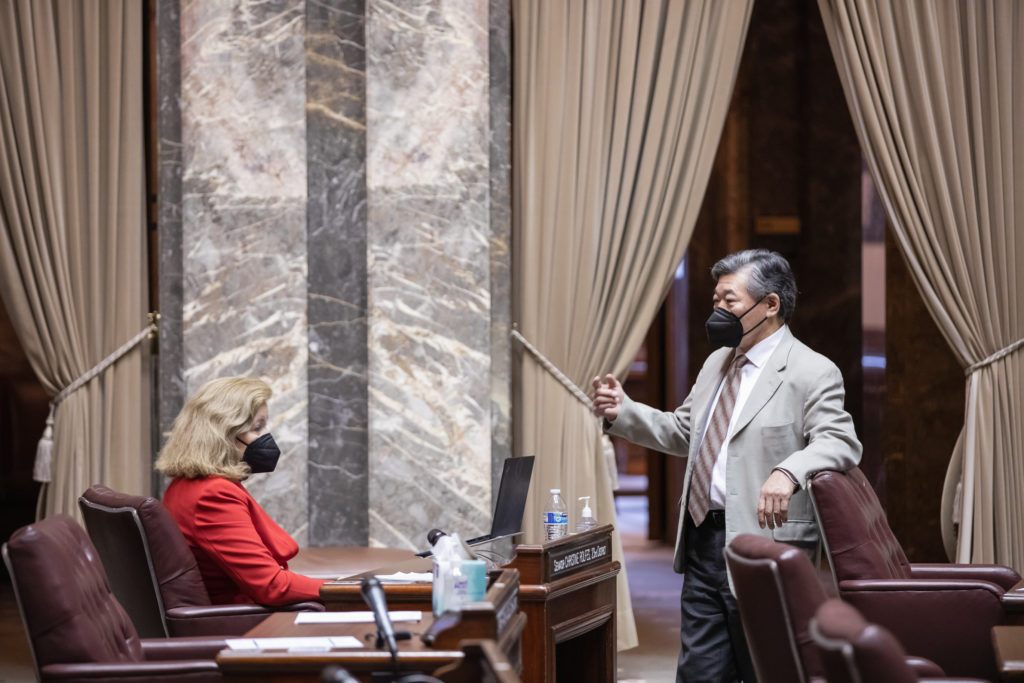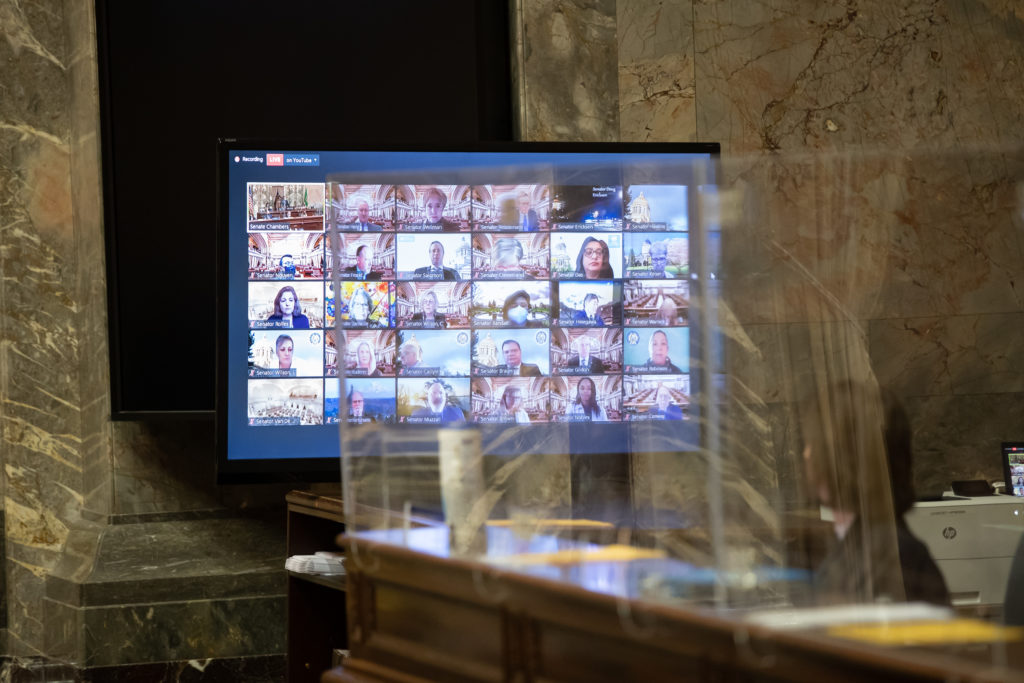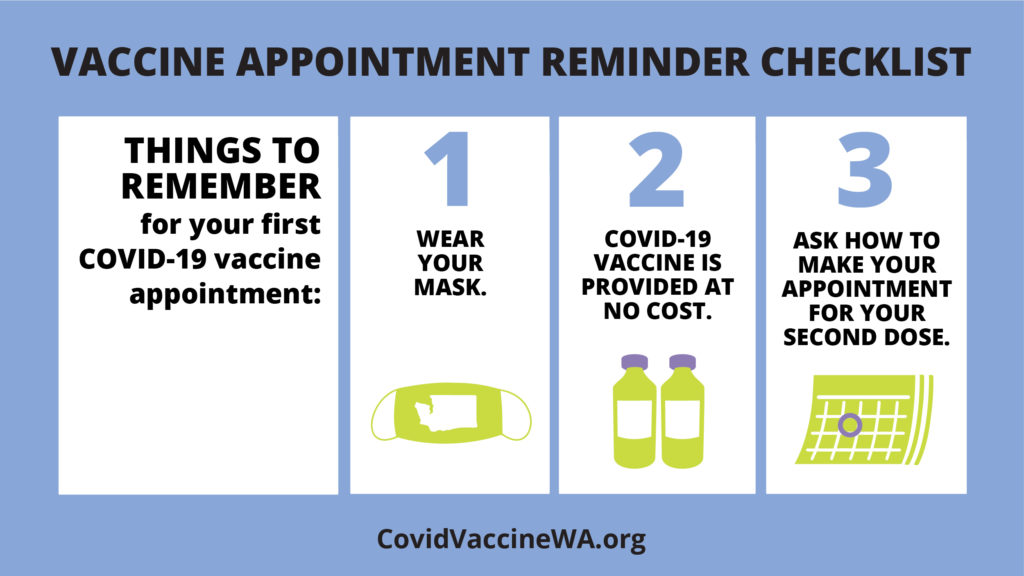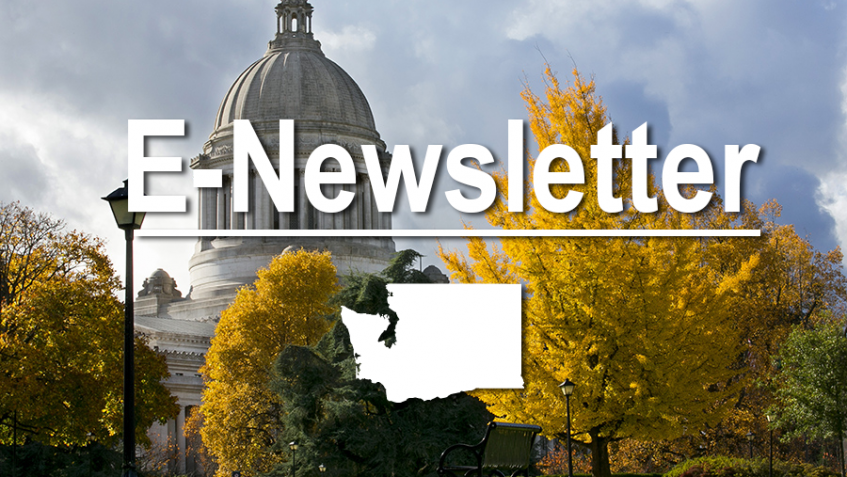Friends and neighbors,
We have officially adjourned the 2021 legislative session. It was my first session as Chair of the Senate Democratic Caucus, and I am eager to share some of the incredible accomplishments made over the last 105 days. It was a historic session that included a nearly $60 billion operating budget on top of a number of important policies, a few of which I’ll describe below.
Throughout the session, equity was the guiding force behind our work as we recognized this historic moment in history to drive system reforms. Of course, one legislative session under remarkable constraints can’t achieve that vision of equity overnight, but we established a solid base for continued work. Future e-newsletters will get into more detail of each priority we addressed, and of course you’re welcome to contact my office as well.
COVID-19 Relief and Recovery
One of the first priorities we addressed this session was helping people recover from the difficulties of the last year. At the beginning of the session, we quickly passed a $2.2 billion COVID relief bill to respond to the pandemic and support a strong recovery. On top of pandemic response, we also addressed other caucus priorities established before session began.
We invested in our lowest-income neighbors in both the budgets and in policy, passing legislation to send checks to over 400,000 working families by finally funding the Working Families Tax Credit. Modeled after the federal program, the Working Families Tax Credit has proven to be one of the most effective pieces of anti-poverty legislation.
We took a meaningful step towards flipping our upside-down tax code by passing a capital gains tax to ask the wealthiest among us to pay their fair share to fund education and quality, affordable childcare. We’ve heard about the rich getting even richer as the income inequality gap grows to historic levels. This Capital Gains tax only affects the top 0.22% statewide. And in the 11th District, it only affects 53 taxpayers (according to the Department of Revenue).
We passed comprehensive police reform measures that will work to rebuild trust between law enforcement officers and the communities they serve while creating a safer state for our Black and brown neighbors. Some of those policies include standards on police use of force, independent investigations, stronger data collection on use of force incidents, and stronger state oversight.[/vc_column_text]

Some of my bill successes this session
During my first session as the Senate Democratic Caucus Chair, I was proud to help steer our Caucus through the most unique legislative session in history. On top of my Caucus Leadership role, most of my work was in the budget arena, although I was eager to see a couple of my own bills gain approval by the Legislature.
Senate Bill 5032 will reauthorize the Capital Projects Advisory Review Board, which oversees the state’s alternative contracting procedures, with an emphasis on improving equity and access to contracting opportunities for disadvantaged business enterprises.
Senate Bill 5405 will require the Joint Legislative Audit and Review Committee (JLARC) to incorporate a racial equity analysis into its audits, reviews, and evaluations of state agencies and programs. This builds off my past work and can be transformational because JLARC has the ability to audit every state agency and program and can give us deep insight into the institutionalized barriers to equity and opportunity that exist throughout government, including our laws.
Senate Bill 5057 which will eliminate the edTPA was passed in its House form. The edTPA is another hurdle that prevents teachers from entering classrooms.
Senate Bill 5259, sponsored by Sen. T’wina Nobles, will allow for Police Use of Force Data Collection. I’ve worked on this bill for years now and am excited to finally see it passed. To create good policy, we need good data.
Senate Bill 5116—Regarding automated decision-making systems. A workgroup will be established to study and make recommendations on how government uses artificial intelligence and whether those systems are discriminatory or biased.
Senate Bill 5238—Regarding the Creative Economy. A workgroup will be established to develop a business plan roadmap for the state to build its creative economy such as film making, video and gaming production, music and arts and technologies.
Senate Bill 5204—Creating a universal health care system for Washington. A task force will be established to make recommendations for the Legislature to follow up on.

And a couple of prominent disappointments
Senate Bill 5105—Implementing the Office of Equity Task Force Recommendations. This would have made improvements to the new Office of Equity as recommended by the large stakeholder group, but the bill died in the Ways and Means Committee, which was very disappointing.
Senate Bill 5188—State Bank. Of course, I can’t talk about the legislative session without talking about the state bank issue. SB 5188 was carried by other senators this session to try and finally get it passed by the Legislature. This year the bill made it to the Rules Committee in the House, but it was significantly changed through the process to look much different than the public bank we’ve advocated for in prior sessions, to the extent that it really can no longer even be considered a bank. It may be that the only way to get this done is by an Initiative of the people.
Additionally, I offered numerous amendments to improve bills on their pathway toward final passage. All of these amendments were offered from a perspective of equity and sound long term public policy.

Vaccinations still underway
The latest data shows COVID infections are still happening in our community, threatening all we’ve already sacrificed so much to achieve—eradication of this deadly virus. For all our safety, health, and our economic recovery, I ask each one of us to continue following smart social interaction protocols. I know it’s difficult but we have no option but to keep pushing until we cross that elusive finish line.
Anyone 12 years or older who lives or works in King County is now eligible for a COVID-19 vaccine. You can find vaccines near you at this link.
Thank you for doing your part to keep our community safe and put us on the road to recovery.
Remember that you can always stay in touch with my office.
In solidarity,
Bob Hasegawa.




